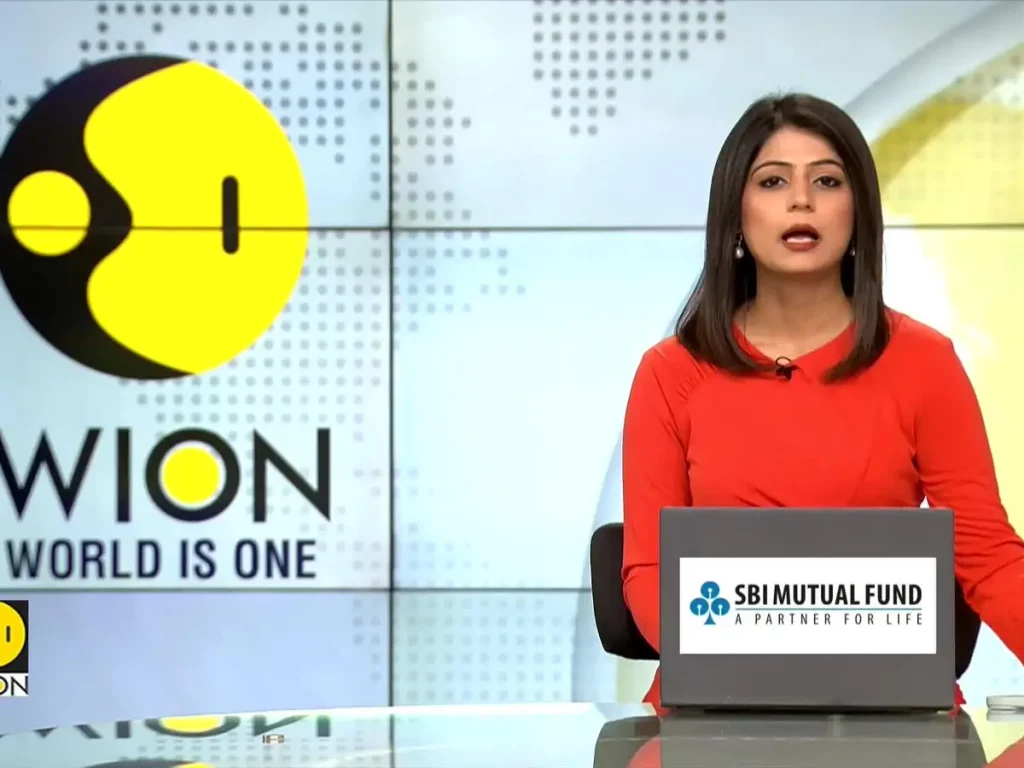Listen to the article
In a concerning development from Sudan, false information circulated by the Rapid Support Forces (RSF) has heightened tensions in the already conflict-ravaged nation. The disinformation campaign comes amid ongoing hostilities between the rebel paramilitary group and Sudan’s regular army, further complicating peace efforts in the region.
The RSF, led by Mohamed Hamdan Dagalo, commonly known as Hemedti, has been accused of spreading fabricated claims regarding territorial gains and military victories. Security analysts monitoring the situation report that these false narratives appear designed to bolster the group’s standing among local populations and international observers alike.
“What we’re seeing is a sophisticated attempt to shape perception through misleading information,” said Omar Hassan, a Sudanese conflict analyst with the African Centre for Strategic Studies. “The danger lies not just in the immediate confusion it creates, but in how it undermines trust in any future peace negotiations.”
The conflict, which erupted in April 2023, has already created one of Africa’s worst humanitarian crises. According to United Nations estimates, over 9 million people have been internally displaced, with food insecurity reaching catastrophic levels in several regions. The misinformation campaign threatens to exacerbate these conditions by prolonging the fighting.
Sudan’s regular armed forces, under the leadership of General Abdel Fattah al-Burhan, have struggled to counter both the physical and information warfare tactics employed by the RSF. Military sources speaking on condition of anonymity revealed that the army has lost control of significant territory in Darfur and parts of Khartoum to the paramilitary group.
International organizations attempting to deliver humanitarian aid have reported increased difficulties navigating the conflict zones due to the contradictory information. Médecins Sans Frontières recently suspended operations in several locations after receiving conflicting security assessments influenced by the misinformation campaign.
“We simply cannot determine which areas are safe for our teams,” explained Maria Fernandez, MSF’s regional operations director. “When both sides claim control of the same territory, it becomes impossible to establish secure humanitarian corridors.”
The economic impact of the prolonged conflict has been devastating for Sudan, once considered one of East Africa’s potential economic powerhouses. The country’s oil production, a critical source of revenue, has declined by over 60 percent since fighting began. Agricultural outputs from the fertile regions along the Nile have similarly plummeted, leading to severe food shortages and price inflation exceeding 300 percent in urban areas.
Diplomatic efforts to resolve the conflict have repeatedly stalled. The latest round of peace talks in Jeddah, Saudi Arabia, collapsed when RSF representatives walked out, citing alleged ceasefire violations by the Sudanese army. These allegations, later determined to be largely unsubstantiated, exemplify the role misinformation plays in undermining peace processes.
Regional stability across the Horn of Africa hangs in the balance as neighboring countries contend with refugee influxes and cross-border security threats. Ethiopia, Chad, and South Sudan have collectively absorbed over 1.2 million Sudanese refugees since the conflict began.
“This is not just Sudan’s problem anymore,” noted Dr. Amani Tawfiq of the Institute for Security Studies in Addis Ababa. “The spillover effects are destabilizing an already fragile region, creating conditions that could potentially benefit extremist groups operating in the Sahel.”
The United Nations Security Council has expressed “grave concern” over the situation, calling for both parties to cease hostilities and engage in good-faith negotiations. However, without addressing the fundamental issue of misinformation and propaganda, diplomatic initiatives are likely to face continued obstacles.
As Sudan approaches eighteen months of civil conflict, the human cost continues to mount. The weaponization of information has emerged as a critical factor prolonging the suffering of millions of Sudanese citizens caught between warring factions with competing narratives and territorial ambitions.
Fact Checker
Verify the accuracy of this article using The Disinformation Commission analysis and real-time sources.




6 Comments
The ongoing conflict in Sudan is already devastating enough without the added complication of disinformation. I hope the international community can work to hold the RSF accountable and encourage a more honest and constructive dialogue between all stakeholders.
The ongoing conflict in Sudan is incredibly complex, with competing factions vying for power and influence. It’s critical that the truth prevails, rather than false narratives, so that meaningful progress can be made towards a lasting peace settlement.
I agree. Accurate information is crucial for the people of Sudan to understand the realities on the ground and make informed decisions. The international community should press for transparency and fact-based reporting from all sides.
This is a troubling development in Sudan. Spreading misinformation to bolster one’s standing is a dangerous tactic that undermines peace efforts. I hope the international community can work to hold the RSF accountable and encourage honest dialogue between all parties.
Disinformation campaigns like this one by the RSF are deeply troubling. They serve to erode trust and undermine efforts to resolve the crisis. I hope the relevant authorities can work to counter these false claims and ensure a more truthful dialogue.
This is a concerning development in the Sudanese conflict. The spread of misinformation by the RSF is a worrying tactic that could further destabilize the region. It’s crucial that all parties prioritize honesty and transparency moving forward.